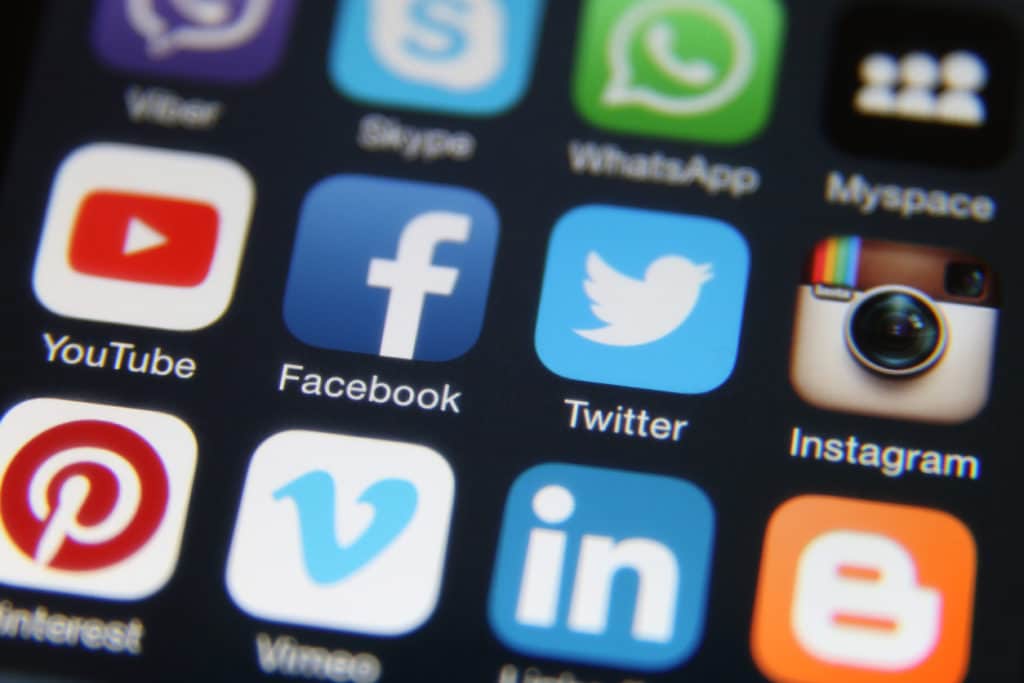The young adults who came of age during the rise of the internet and the young teens of today are, at some point, taught a very important lesson: What you post online matters.
The messages you share on Facebook, Twitter and other social media platforms can have monumental consequences. You can end friendships, reveal personal information, jeopardize current or future jobs or, worst of all, emotionally damage individuals to the point where they will harm themselves or take their own lives.
For whatever reason, however, there are many elected officials from all levels of government who spend years studying public speaking and connecting to crowds — and then throw all norms and decency out the window when on social media platforms.
In the most recent vile example, New York state Sen. Kevin Parker, a Democrat from Brooklyn, told a Senate Republican aide on Twitter: “kill yourself.” The senator posted the comment in reply to the aide accusing him of misusing a Senate- issue parking placard.
In a world where suicides happen frequently due to social media bullying, telling someone to kill themselves is astonishingly insensitive for anyone, let alone a state senator. Yet Parker’s comments are hardly anything unique.
Denis Langlois, the village mayor of Fort Ann in eastern New York, made national headlines before November’s midterm elections when he posted on his personal Facebook page: “If anyone that I know vote for a Democrat on Tuesday you should sign yourself into the Mental Health unit at your local Hospital because you are retarded and need help, Vote Republican and ‘Keep America Great!’”
Then, of course, there is the president of the United States, who has spent a majority of his political career attacking individuals on Twitter, from his most formidable political opponents to his own political appointees. Among his many tweets, President Trump has called Supreme Court Justice Ruth Bader Ginsburg “incompetent,” Watergate journalist Carl Bernstein “a degenerate fool,” MSNBC co-host Mika Brzezinski “dumb as a rock” and porn star Stormy Daniels “horseface.”
The only thing more outrageous than these public statements, which would send any ordinary elementary school student to the principal’s office, is the politicians’ pathetic defense for their behavior. They would like us to believe they are serious about their important roles in government, but seem to shrug off disturbing posts as “It’s only social media: What’s the big deal?”
After Sen. Parker apologized for his “kill yourself” comment, he told The Wall Street Journal that “it was a tweet. That’s all it was. Had I said this to her in the hallway, would we be having this conversation? Probably not.”
Mayor Langlois, who initially said he didn’t regret his Facebook post but has since apologized, told The Post Star days after the posting that “I’m not doing it as an official, I’m doing it as a person. You can’t quote me as the mayor, you can only quote me as a person. As a mayor I wouldn’t say that, but as a person who believes in Republican values. Most people don’t even know I’m the mayor.”
And while many of Trump’s allies have argued gallantly that his tweets should not be taken seriously or literally, the president certainly thinks the opposite. The White House and Justice Department have declared in the past that his tweets are considered “official statements” and they are archived as such.
Facebook, Twitter and every other social media platform are public forums. There should be no distinction between a spoken statement by a state senator who represents 300,000 constituents and a written tweet from a state senator who has more than 7,000 followers.
If you are a mayor, you should be accountable for what you say, even if it’s on your personal Facebook page, and even if many people don’t even know you’re the mayor.
If you are a U.S. president, you don’t get to say that tweets are a way to speak directly to the people, and also say that they shouldn’t be taken seriously.
It’s the basic principle of holding public office. What you say matters, whether it’s in person or online. Politicians should either get it together regarding social media or get off it.
Luke Parsnow is a digital producer at CNY Central (WSTM NBC 3/ WTVH CBS 5/ WSTM CW6) and an award-winning columnist at The Syracuse New Times in Syracuse, New York. You can follow his blog “Things That Matter” online and follow his updates on Twitter.



